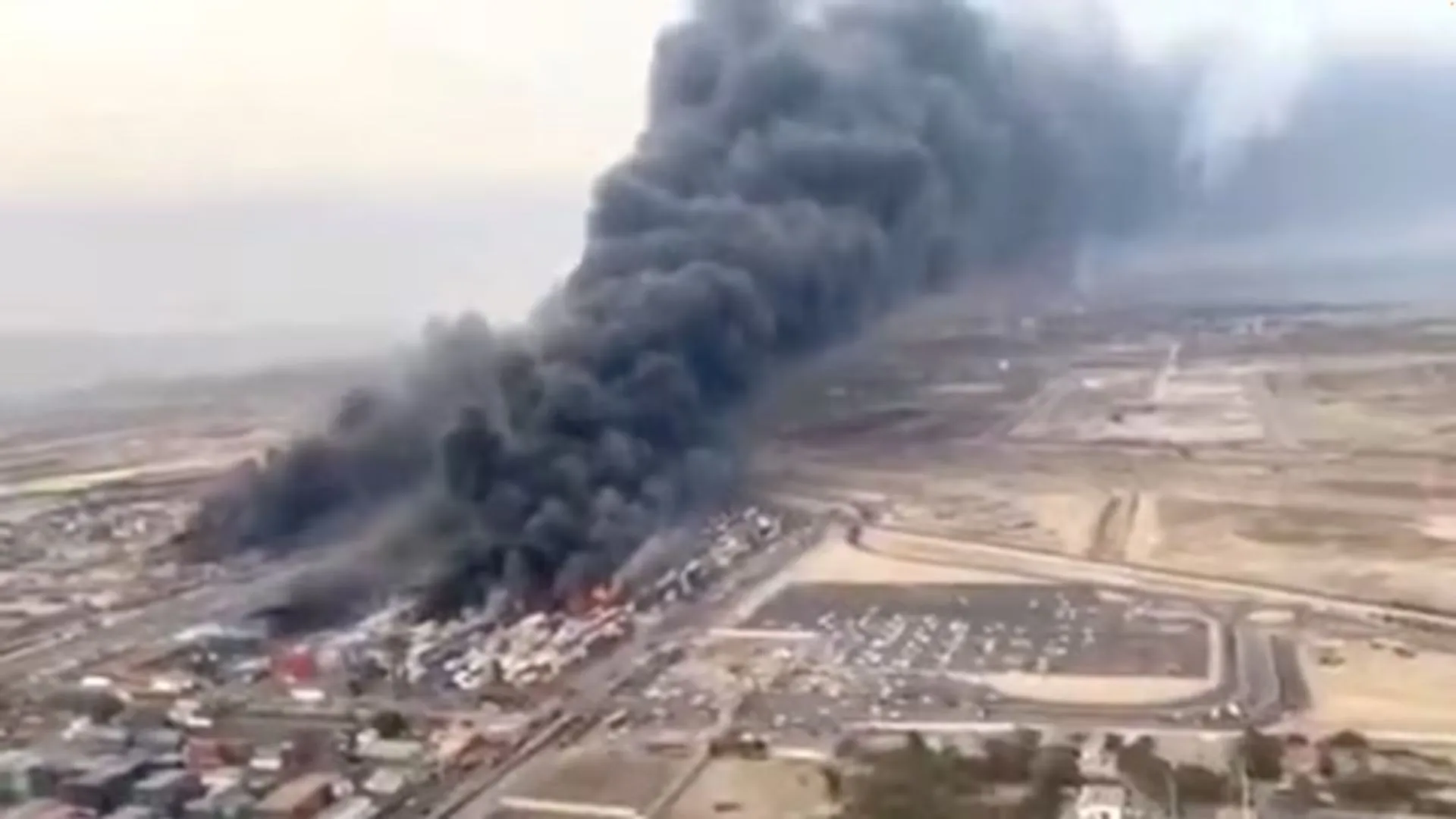At least 25 died in a chain of killer lightning and hailstorms that struck across many districts of Bihar on Thursday, spreading panic and apprehensions about unusual weather patterns in the state.
As per an official report by the Chief Minister’s Office (CMO), the maximum number of fatalities was witnessed in Nalanda, where 18 were killed. Siwan had two dead, while a single death each was witnessed in Katihar, Darbhanga, Begusarai, Bhagalpur, and Jehanabad.
Deeping sorrow, the Chief Minister Nitish Kumar said an ex gratia of ₹4 lakh for each of the next of the kin of those killed. “The government remains with the family in this terrible hour. The relief measures have been taken in hand with effect from immediate order,” the CMO stated.
The tragedy follows just one day after 13 individuals died in lightning strikes in four state districts, once again emphasizing the increasing frequency and severity of such weather-related disasters.
Opposition leader and RJD leader Tejashwi Yadav, however, said that the real death toll was much greater. On his social media platform X post, he stated, *”I am shocked at the unfortunate demise of over 50 individuals in a series of incidents of storm, rain, lightning, tree fall and wall collapse in Bihar.”* Yadav also requested the government to declare compensation for farmers who lost their crops owing to the unexpected hailstorm and rains.
Farm lands in many areas of Bihar, already strained because of unpredictable weather conditions, were devastated, adding to the misfortunes of farmers during the sensitive Rabi crop season.
The state government is coordinating with local disaster management committees to evaluate the loss and provide relief measures such as shelter, food, and medicines.
India Meteorological Department (IMD) has predicted further thunderstorms and lightning in isolated areas of Bihar in the next 48 hours, which led to advisories being issued by the administration and citizens being advised to stay indoors during bad weather.
With Bihar struggling with the effects of one after another natural disaster, there are concerns over the preparedness and long-term climate resilience strategy of the state government.























